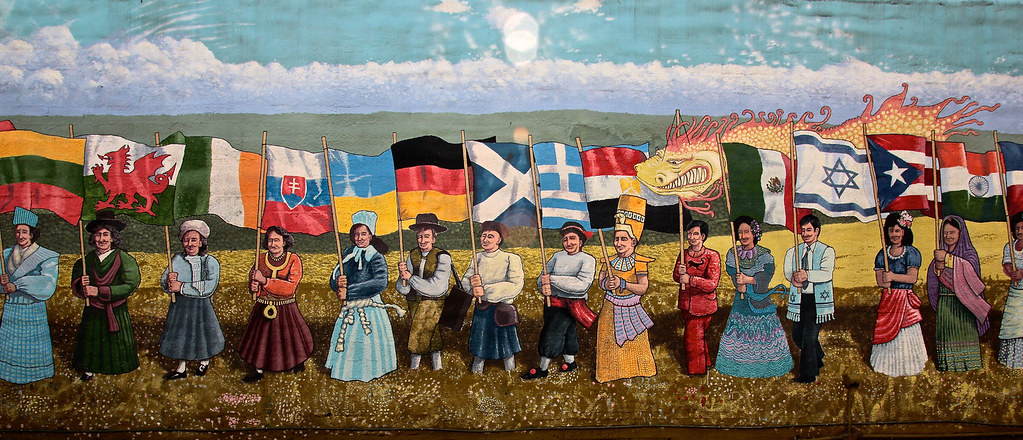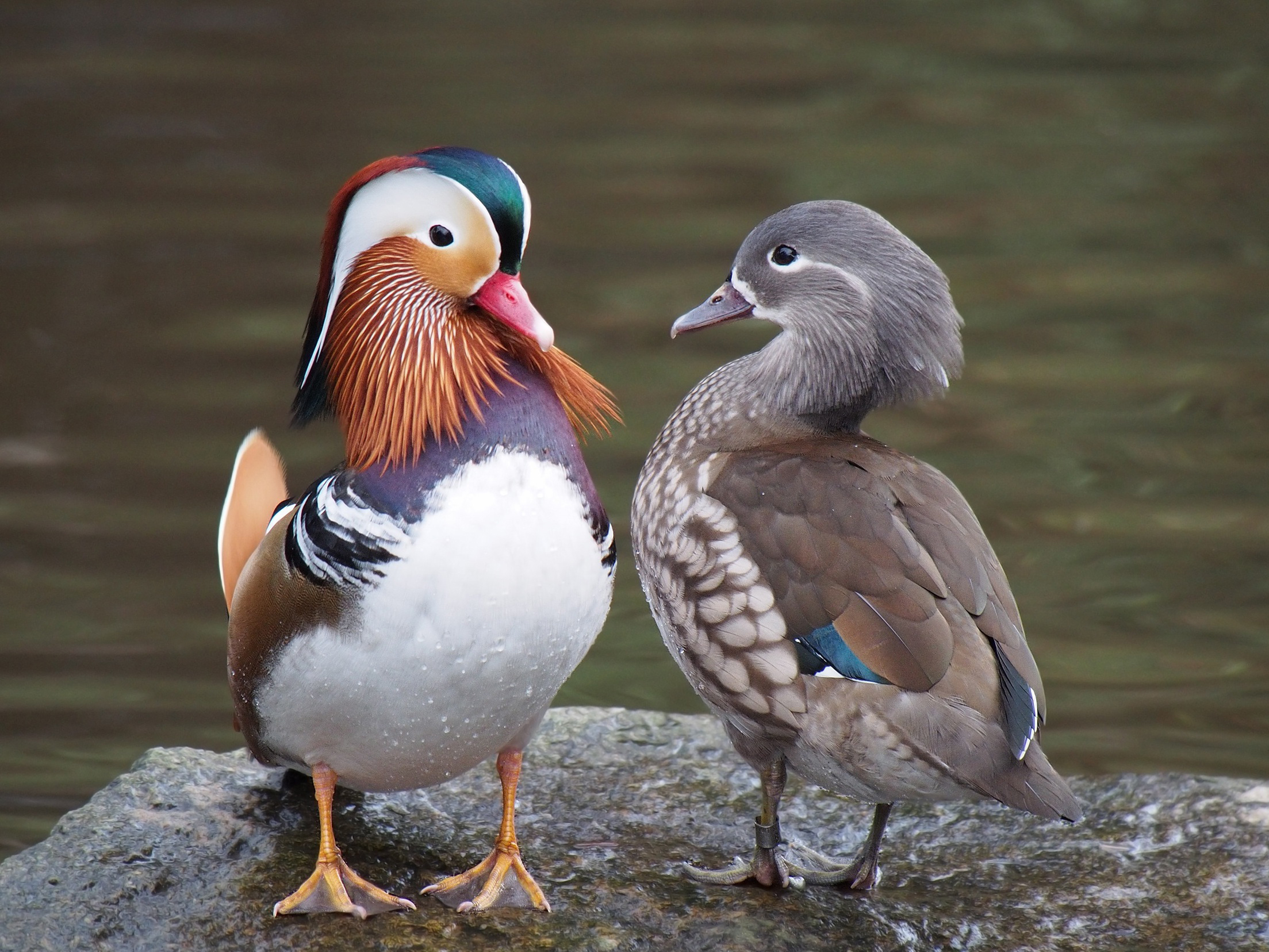When I was twelve years old I started attending the Dayton Regional STEM School, a school known for embracing difference. During my enrollment, I quickly found that STEM students pride themselves on what makes them stand out; individuality and kindness were vital parts of the atmosphere I was in.
As a result, I became passionate about incorporating these values into everyday life and abiding by them as much as possible. Although I am forever grateful for how my experience helped shape me into the person I am today, it evoked some challenges.
When I moved schools a few years later, I found that not all people had the same mindset about acceptance that I did. I couldn’t fully wrap my head around this. Situations that I responded to with an open mind were shown no mercy at the hands of my new classmates. I knew they hadn’t been in the same environment I had, but I could never really get over what made them so hateful towards others.
Now, I’m not saying that I’m perfect. I’ve definitely had my share of bad moments. But it makes me wonder… are we, as humans, inevitably hateful? Is it in our nature to be so disapproving? I want to believe that’s not the case.
So, what is it that causes us to be close-minded?
Lack of self-worth is a possibility. Unfortunately, we live in a perfection-driven society where we are often told we’re not good enough. Sometimes, we deem the hurtful words others say to be true and it’s difficult to accept.
We don’t always know how to respond to feelings of worthlessness, so we project them onto others. We tend to transform hate, or disappointment in ourselves into hate for those around us. Lack of self-worth is all-consuming, so we exercise these emotions in hurtful ways, whether it be by bullying others or initiating fights with loved ones. Hate is an energizing emotion, and we don’t always realize the extent to which it can change us.

Related Articles
Another possibility could be fear or discomfort. Uncertainty presents situations we can’t predict, and we aren’t always sure how to cope with this. People like to familiarize themselves with what they know and understand, avoiding difference altogether. Loss of control plays a significant role in our security.
For example, I was recently introduced to a man who has one eye. Admittedly, I wasn’t sure how to approach him. I didn’t want to make eye contact, out of fear that he’d think I was judging him. My intentions were good—I just didn’t want to make him self- conscious. However, he mistook my poor eye contact as a sign that I didn’t like him, and I ended up making him self-conscious anyways.
What I didn’t realize was that his condition was only uncomfortable for me, not for him. There was no reason for me to treat him differently than anybody else. From this, I realized that our internal fears and discomforts are usually just in our heads. There’s no reason to be uneasy or dismissive of those who are different because, in reality, we over-exaggerate these differences. We have more in common with others than we might think.
Lastly, I think that a lack of empathy, or understanding, is also a big factor. Sometimes we get so caught up in surrounding ourselves with the kind of people we think we want to be around, that we forget that life is not always pick and choose.
It’s important to recognize that there is a world outside of the one in our heads. Meeting people with backgrounds that vary from ours can be a good thing. It can open up our minds, challenge our beliefs, and sometimes even lead to experiences we wouldn’t have had otherwise.
That being said, is rejecting difference always a bad thing? Not necessarily. It’s good to create an atmosphere we feel at home with, and sometimes the way to do that is by holding what we know and love close.
However, I do believe in balance—moderation is healthy. There’s something that happens when we step outside of ourselves and look at the world with a fresh set of eyes. If we want to continue bettering ourselves, practicing acceptance is the way to do it.
Kayleigh DeLaet
Reporter


